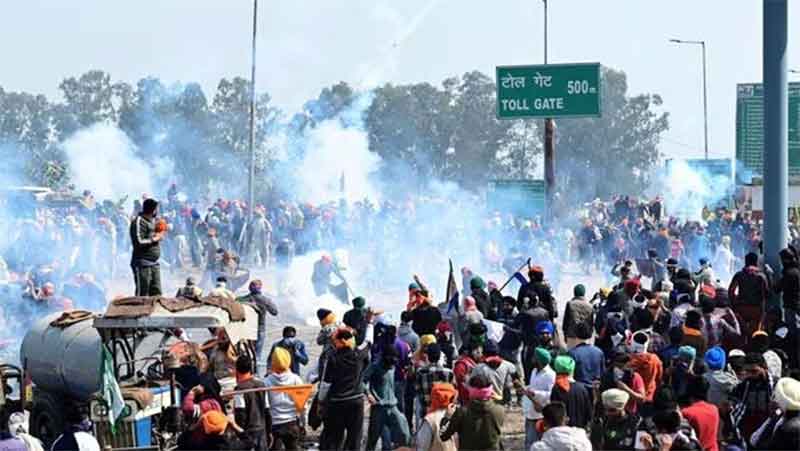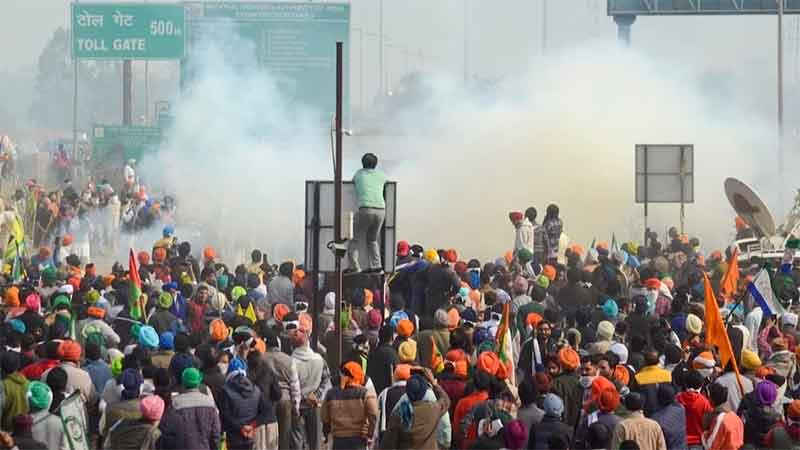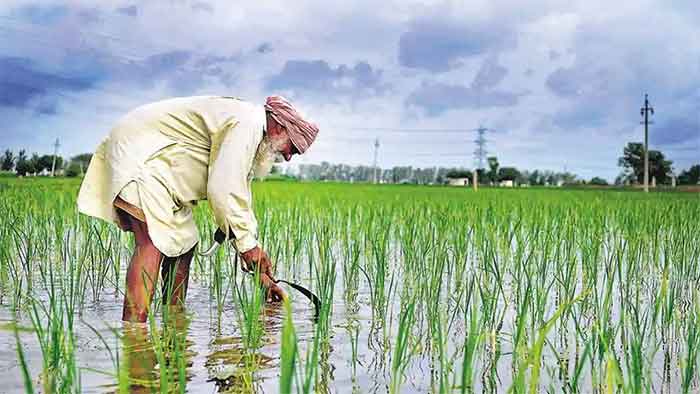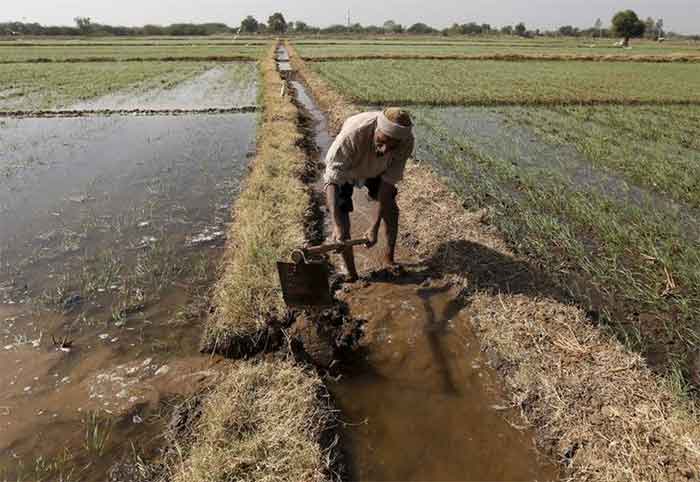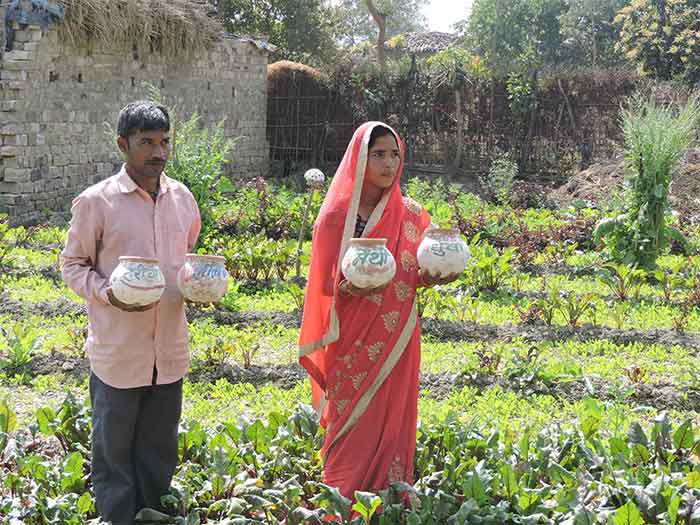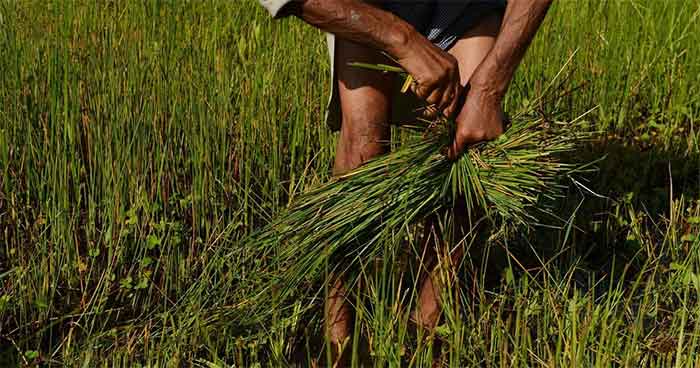
Recent events have again demonstrated the strength of farmers’ organizations as a force of resistance, as organizations that have the economic means, social base and moral strength to offer strong resistance to authoritarian regimes. Hence those interested in bringing more broad-based social change in India should engage with farmers’ organizations on a more regular basis so that justice and equality as well as environment protection can become more important in the agenda of farmers’ organizations.
As a basic tenet it should be very clear that justice and socio-economic equality, democracy, environment protection and concern for all forms of human life are the basic principles of progress of humanity, and the role of various organizations has to be evaluated on the basis of this basic tenet. However it remains a challenge to properly define this role in various contexts and to mobilize most people around such an understanding.
Of course there are very significant variations in the socio-economic conditions in different villages so there are difficulties in speaking in very general terms. But still if we take a very typical village of India we see generally that most farmers are small farmers, a few are medium farmers and very few may be quite big farmers. The last mentioned category is also likely to have access to income from contracts, trade, jobs and money-lending etc. which is likely to be more lucrative than farming. Then there is likely to be a large number of landless and near landless farm workers, several of whom are now engaged frequently in non-farm work as well or else have turned mainly or partially into migrant workers. It is also likely in this typical village that farming is practiced increasingly on the basis of purchased, commercial ‘green revolution’ seeds, which grow best with high doses of chemical fertilizers and pesticides, herbicides etc., leading to harmful impact on natural soil-fertility and soil-organisms, as well as on bio-diversity and pollinators. Extraction of groundwater is generally excessive ( unless the village happens to be irrigated by a major canal) and overall water conservation efforts are poor, leading a to a lowering of water table and perhaps water quality problems as well.
In this typical village, with the worsening of basic resource base of soil and water, most of the farmers face a crisis situation. One way of temporarily resolving this is to try to grow those crops which can earn the most cash, and then pressurize the government to ensure a good price for this. If a farmers’ organization performs this role effectively, it can immediately become popular.
However the resolving of crisis in this way will be temporary at best, as the ecological base in the form of soil, water, pollinators, bio-diversity will continue to erode. In this situation a decision has to be taken whether ecologically destructive systems should be prolonged on the basis of a certain choice of more price-fetching crops and ensuring of good price for them, or whether a decision should be taken to move away from these and towards sustainable, ecologically protective farming systems, while at the same time ensuring that farmers do not face any temporary hardship in the phase of the change-over period.
Depending on the choice which is made the demands raised by the farmers’ organization will differ of course. In the former case it will mainly focus on a higher price for the more remunerative crops grows in the area . In the latter case it will ask the government to provide direct help to farmers who are shifting from an ecologically destructive system to an ecologically protective system.
Secondly, while farmers are often in debt and economic crisis, they are generally not the poorest section of village. Generally the poorest section consists of landless workers. So for any farmers’ organization it is very important to decide what will be the attitude towards the landless ( or near landless farm workers). Will the farmers’ organization agree with a common tendency to exploit workers and pay them low wage and expose them to hazardous work, or will it respect landless workers for their contribution to farming, also helping to improve their prospects in various ways? If the landless can also get at least small plots of cultivation land , they too become small farmers and help the farmers’ organization to become very broad-based by joining as members. As landless workers belong to the so-called lower castes and farmers belong to the, (at least relatively) so-called higher castes, will farmers’ organizations help to bridge the social divide, ending all social discrimination, or will they perpetuate social discrimination? Will farmers’ organizations help to increase socio-economic equality, or will they function in ways which increase or at least perpetuate socio-economic inequalities?
These are only some of the important questions that arise regarding the precise role of farmers’ organizations in India. While there can be many debates on this, there can be wide agreement that real progress for farmers’ organizations takes place only when they are on the path of ecologically protective farming, justice , equality ( including gender based justice and equality). The more active involvement of women farmers and farm-workers can be very helpful in this, as also in ensuring success of efforts to check alcoholism, substance-abuse, domestic violence, social discrimination and village-feuds, all of which can be a cause of considerable distress in rural life these days.
Bharat Dogra is a freelance journalist and author who has been involved with several social movements. His latest books as co-author are When the Two Streams Met—Lessons from India’s Freedom Movement and its Hindi version , both published by Vitasta/Vats, Delhi.
SIGN UP FOR COUNTERCURRENTS DAILY NEWSLETTER

